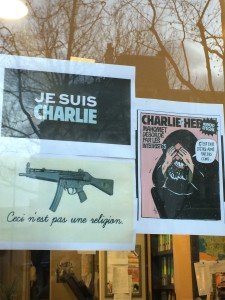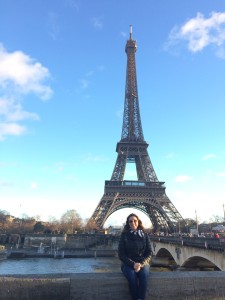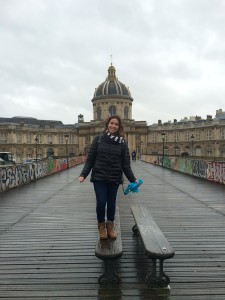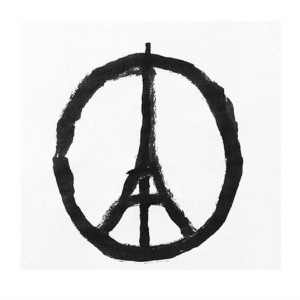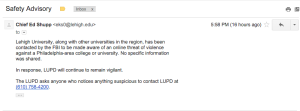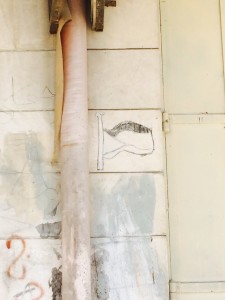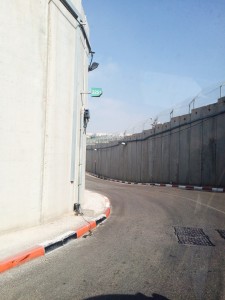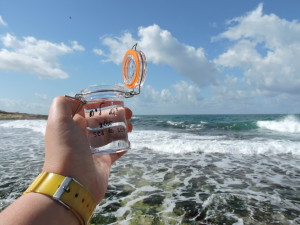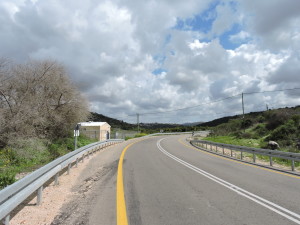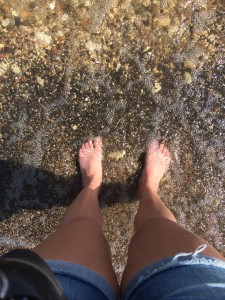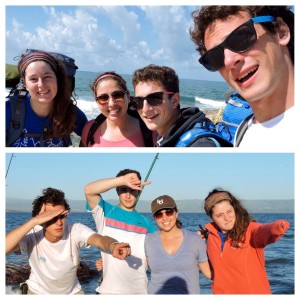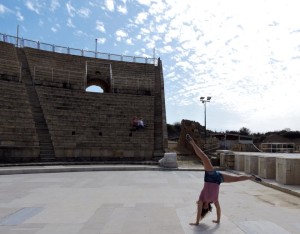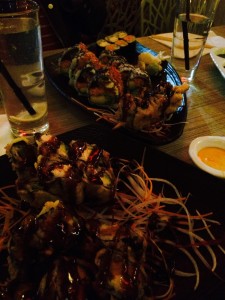I just wrote a post a day or two ago, and I don’t usually update my blog very often…but I felt the need to address the reactions I see on social media to the tragedy in Paris on Friday evening.
There are tragedies that can be attributed to the Islamic State of Iraq and alSham (ISIS) and their allies that occur on a regular basis. Two bombings happened in Beirut on Thursday. A massive attack killing 147 people happened in Kenya in April. There was little to no news coverage, certainly not to the scale that we are seeing for Paris. Is that because tragedies in these places are so common that we are numb to them? Is that because we value some lives more than others? Is that because this time, they’ve gone too far, and too far west? Are we less comfortable with attacks when they are against people who live in a European country instead of an African or Middle Eastern one?
As one of my friends wrote on Facebook, “I am all for solidarity”. I have nothing against those who stand with the people of Paris and want to show their support. But I am concerned about the trending. Tragedy should not be a trend. It should not have a filter to place over your picture that gives the illusion of interest and global awareness that does not in fact exist. The “try it” button that allows everyone on Facebook to be able to place a veil of compassion over their everyday lives, just because their friends are doing it, despite not knowing anything about the event or what led to it.
I am concerned with our focus on #prayforparis instead of focusing on how the Parisians themselves are responding by allowing strangers into their homes, taxi drivers driving people home for free, comforting each other. Instead I see people who are not even from Paris or have any relation to Europe saying things like, “This is why we shouldn’t let refugees into Europe, #prayforparis, #deportallmuslims”. As if the refugees aren’t running from these exact people. As if all Muslims are terrorists.
Equally, I am very uncomfortable with how often we just press “share” without even reading an article past the headline. I have seen many people sharing an article about the attack in Kenya by al-shabaab which killed 147 students, with no idea that it occurred months ago in April.
Do show solidarity. Do care about the world around you. Be up to date on events and things going on. Understand, instead of mindless sharing. And talk to people, even if, especially if, you disagree with them. Hearing another side is important, even if it doesn’t change your mind, just so that you can see that your opinion is not the only valid one.
Only by talking and truly communicating can we have peace, not by frivolously changing our profile pictures to keep up with the trend of being globally aware.
Peace for the World.
For some further reading:
http://www.elephantjournal.com/2015/11/why-im-not-turning-my-facebook-photo-blue-white-red/
http://www.theatlantic.com/magazine/archive/2015/03/what-isis-really-wants/384980/

